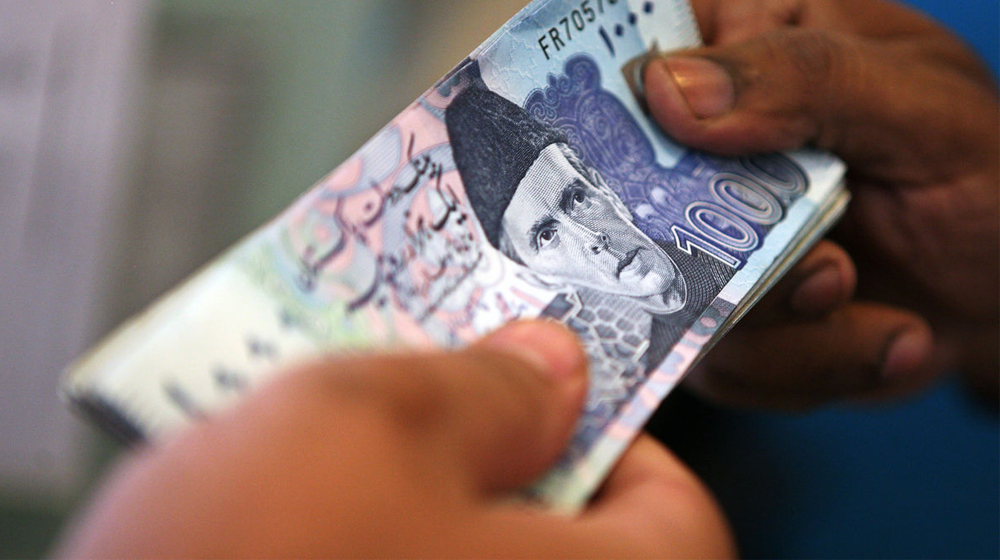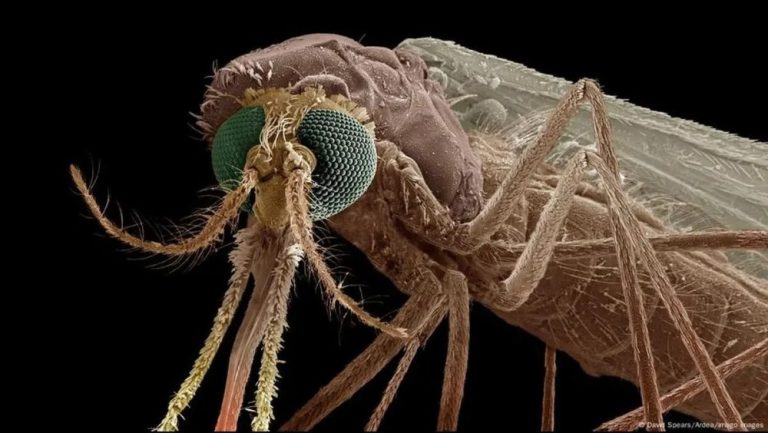
The Standing Committee on Finance and Revenue on Friday opposed the phased withdrawal of the exemption extension for FATA and PATA.
The committee also expressed deep concern over the increase in taxes on profits and cash withdrawals. The chairman ordered the FBR to minimize the tax on the profits of small depositors. He also ordered the Revenue Division to increase the withdrawal limit to Rs 75,000 without tax.
Committee Chairman Syed Naveed Qamar ordered the FBR to minimize the tax on the profits of small depositors. He also ordered the Revenue Division to increase the withdrawal limit to Rs 75,000 without tax.
Qamar considered this an economic attack on small businesses in the area. He instructed the FBR to reconsider the withdrawal and provide relief to local residents.
The FBR chairman presented a summary of the proposals in the Finance Bill and a summary of the FBR Transformation Plan. He informed the committee that the FBR has developed an ambitious transformation plan, which will be implemented starting in December 2025. He noted that the FBR’s actual tax rate, after adjusting for inflation and real GDP, was 1% between 2016 and 2018 and -0.3% between 2018 and 2024. He added that Pakistan faces a fiscal gap of approximately Rs 7.1 trillion in the 2024-25 fiscal year and also lags behind its peers in tax-to-GDP ratio.
The FBR chairman briefed the committee on a number of reforms but noted a lack of implementation. He indicated that an Implementation Unit has been established to drive transformational interventions with all stakeholders. A roadmap has been established to achieve transformative impact by the end of the year. He briefed the Committee on Digital Production Tracking, Digital Invoicing, Digital Control Stations, the Cargo Tracking System, and the Faceless Assessment System. He briefed the Committee on the current budget situation, revenue, the target for the fiscal year 2025-2026, a summary of income tax measures, a summary of sales tax measures, relief for salaried employees, pension tax relief, rationalization of advance tax rates on services provided to non-residents, reintroduction of the housing loan tax credit for small residential properties, phasing out the extension of the exemption to FATA/PATA, allowing coal miners in Sindh to sell to buyers other than independent coal producers (IPPs), the mutual fund dividend tax, the e-commerce transaction tax, and an increase in the advance tax on cash withdrawals by non-filers. Some committee members raised issues with the Faceless Assessment System in Karachi, citing complaints about high charges, delays in examinations, and revisions, which caused significant delays. They also complained about the misuse of the Digital Production Tracking System and the Digital Invoicing System. They stated that the Digital Production Tracking System makes errors in distinguishing between old, used, and scrap material. The FBR noted that there are reports of usable material being misrepresented as scrap.
Qamar noted that the digital checkpoint station plan could clog ports and that the cargo tracking system will create practical problems.
He noted that a mortgage culture has not yet been established in the country. He emphasized the need for the FBR to simplify the tax credit process for housing loans. He instructed the FBR to submit a specific table of options with thresholds for the Committee’s consideration.



